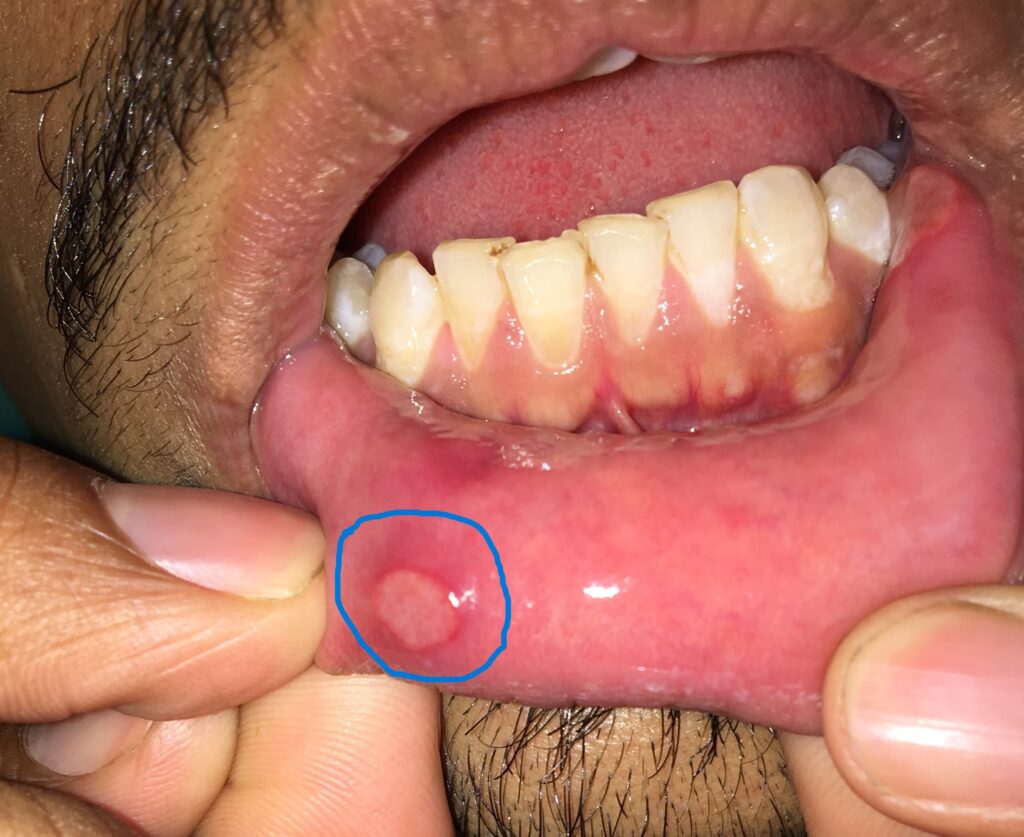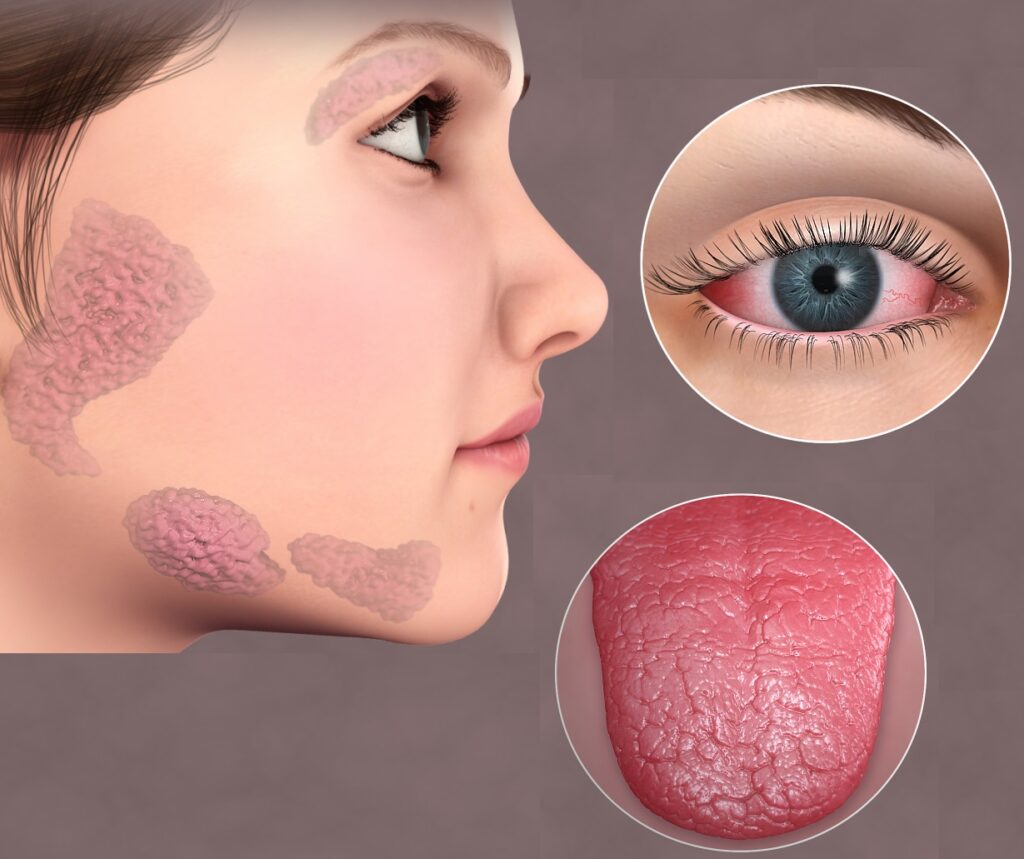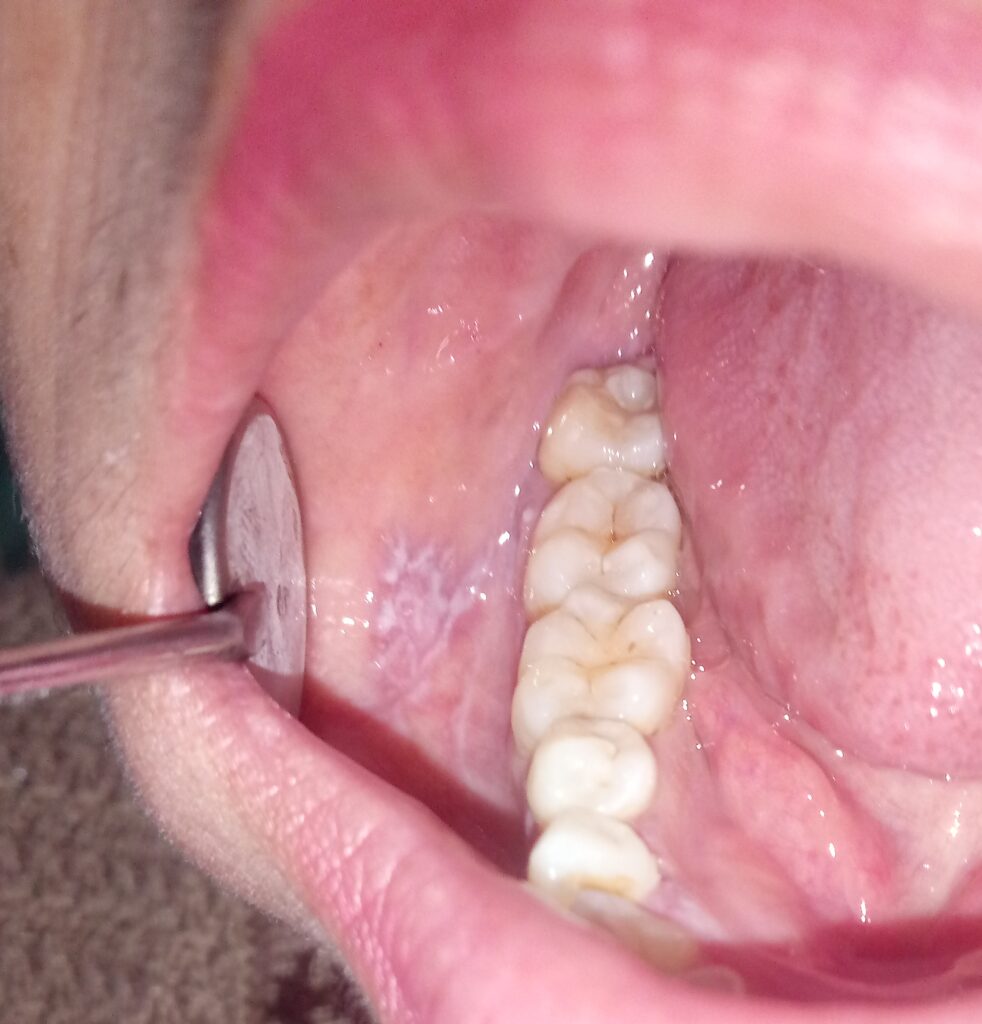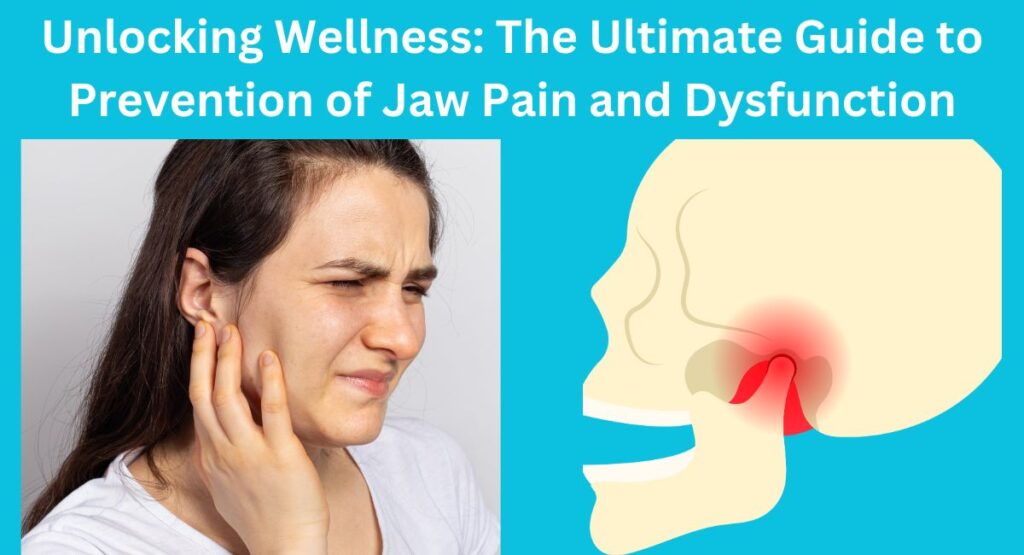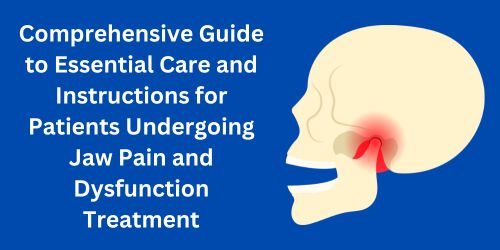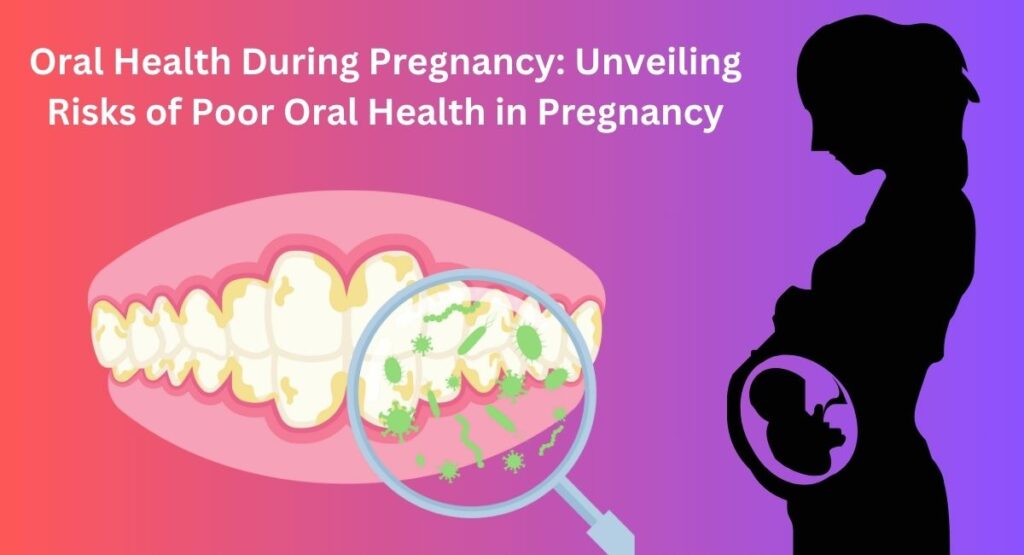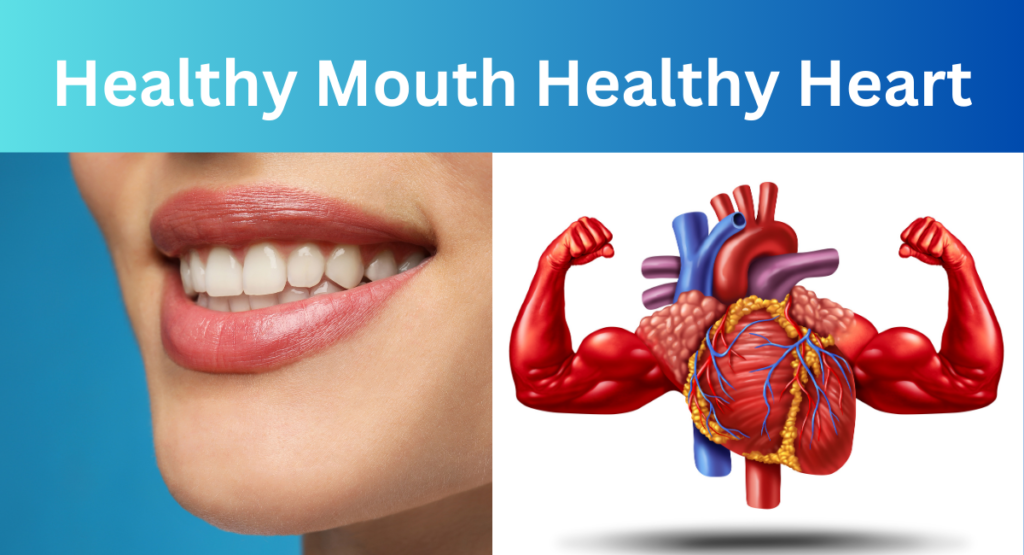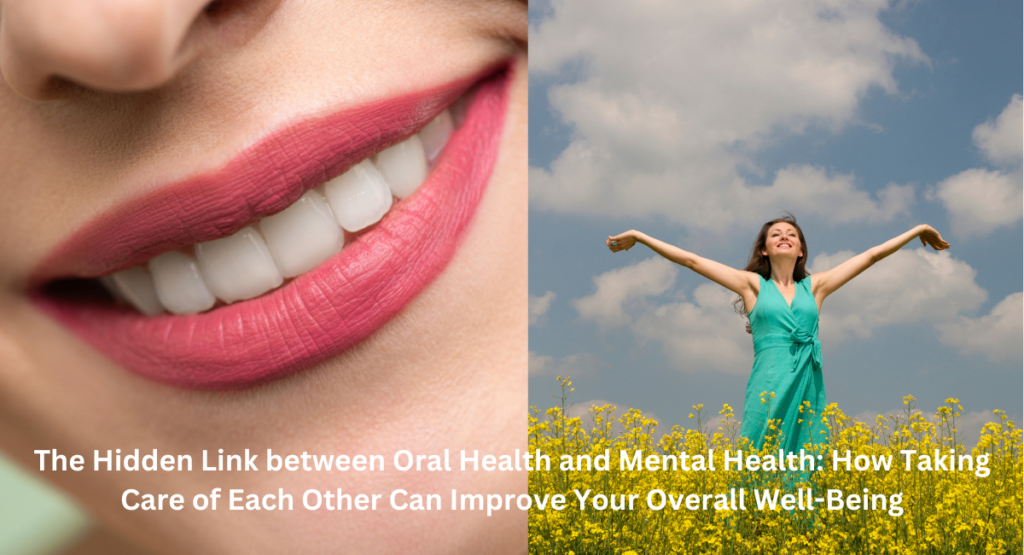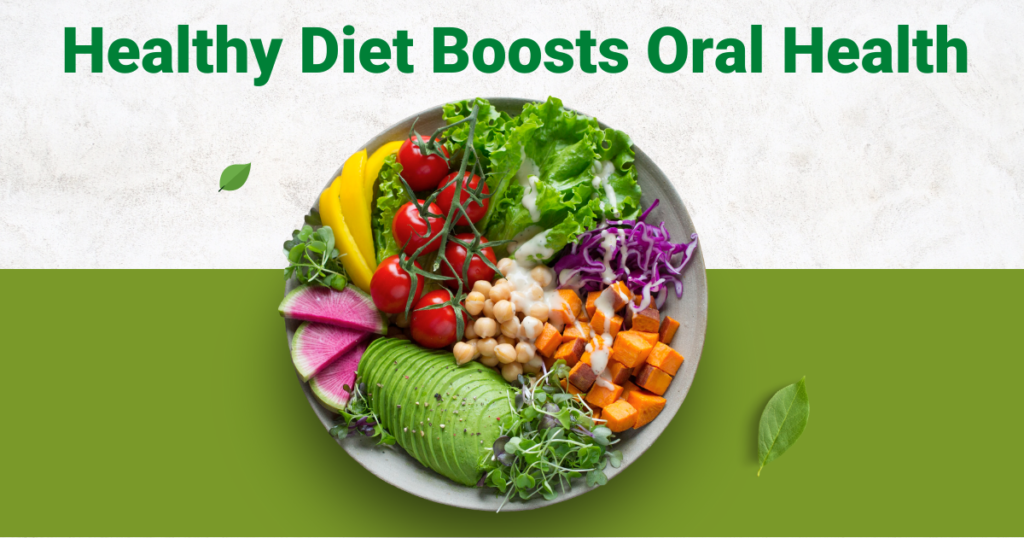
Healthy diet boosts oral health
The mouth serves as the exclusive natural gateway for nourishment intake, providing a fertile habitat for a diverse microbial community to flourish, thanks to the abundant sustenance and conducive shelter it offers. This thriving microcosm plays a pivotal role in the ecosystem, with certain microbes proving beneficial, while others, influenced by our dietary choices and hygiene practices, can become detrimental – contributing to issues like tooth decay and other diseases. Therefore, maintaining a healthy diet for oral health is of paramount importance.
The Evolution of Diet and Oral Health
Primitive people have comparatively lesser cavities or gum problems, despite the fact they never brushed their teeth. This is because their raw, unprocessed diet contains a great deal of roughage, which helps to cleanse teeth during the chewing process. The act of chewing this roughage not only stimulated saliva but also acted as a natural toothbrush, mechanically removing food debris and microbial deposits (plaque) from the surfaces of teeth and gums. Saliva further aid in the cleansing and remineralization of the teeth. Even if some raw food is left on the teeth, microbes still find it difficult to breakdown such type of food to obtain the nutrients they need for survival. Thus, consuming such foods likely helped primitive people maintain a healthy ecosystem of microbes in their mouth and gut, which is crucial for overall health and wellness.
However, at the same time, the excessive roughness in the primitive diet caused severe wear of their teeth. Therefore, primitive people had premature wear of their teeth. When humans shifted to farming and started eating more carbohydrates and grains, bacteria in their mouth flourished, pouring out acids that rotted away teeth. The incidence of tooth decay was much higher among early farmers than hunter-gatherers.
Modern Diet and Its Impact on Oral Health
In modern times, we tend to eat more highly processed/refined sugary foods to satisfy our cravings. Such foods are detrimental not only to teeth but also to general health. These soft refined foods tend to cling tenaciously to the teeth and are not easily removed. The refined diet has made us weaker and more prone to health problems. It’s very easy for microbes to break down such refined food, and disturb ecosystem of the body. To maintain a healthy mouth and body, we need to balance our diet and avoid consumption of highly refined sugary foods. Remember, sugar is present in all types of foods, including vegetables and even eggs. Therefore, it is important to consume a balanced diet that includes a variety of whole foods, including fruits, vegetables, whole grains, lean proteins, and healthy fats, while limiting added sugars and processed/refined foods.
Healthy Diet: Benefits
A healthy diet not only promotes optimal oral health but also contributes significantly to overall well-being. Here are some key benefits of maintaining a nutritious diet for both your oral and general health:
- Stronger Teeth and Gums: A diet rich in essential nutrients such as calcium, vitamin D, and phosphorus helps strengthen teeth and bones, reducing the risk of tooth decay and gum disease.
- Reduced Risk of Cavities: Limiting the intake of sugary and acidic foods and beverages helps prevent the formation of cavities, protecting your teeth from decay and erosion.
- Healthy Gums: A diet high in fruits, vegetables, and antioxidants can support healthy gum tissue and reduce the risk of gum inflammation and periodontal disease.
- Proper Jaw Development: Chewing fibrous and crunchy foods promotes proper jaw development and can help prevent issues like misaligned teeth or bite problems.
- Fresh Breath: A diet rich in water and fiber-rich foods can help maintain saliva production, which naturally cleanses the mouth and prevents bad breath.
- Improved Digestive Health: A diet abundant in fruits, vegetables, and whole grains provides essential dietary fiber, promoting healthy digestion and absorption of nutrients.
- Weight Management: A balanced diet helps maintain a healthy weight, reducing the risk of obesity-related health issues that can affect both oral and overall health.
- Enhanced Immune System: Nutrient-rich foods support a strong immune system, helping the body fight infections and illnesses, including oral infections.
- Better Heart Health: A heart-healthy diet can reduce the risk of cardiovascular diseases, which can have indirect effects on oral health.
- Reduced Risk of Systemic Diseases: A healthy diet can lower the risk of systemic conditions like diabetes and certain cancers, which can impact oral health.
A nutritious diet plays a pivotal role in maintaining not only optimal oral health but also overall well-being. It supports strong teeth and gums, aids in digestion, and helps prevent a range of health issues, emphasizing the importance of making healthy food choices for a healthier life.
Things to Be Considered When Choosing a Healthy Diet
A balanced diet is fundamental to maintaining overall health, and it plays a crucial role in promoting oral well-being as well. Here are some key points to consider when thinking about the significance of a healthy diet for both your oral and overall health:
Nutrient-Rich Foods
- Prioritize foods rich in essential nutrients such as calcium, vitamin D, phosphorus, and antioxidants for strong teeth and gums.
Foods to Promote Oral Health
- Incorporate dairy products, leafy greens, and vitamin C-rich fruits into your diet to support oral health.
Foods to Limit or Avoid
- Minimize sugary snacks, acidic beverages, and heavily processed foods that can harm teeth.
Hydration Matters
- Stay adequately hydrated by drinking water, which helps maintain a healthy mouth.
Balanced Meals and Portions
- Aim for balanced meals and control portion sizes to prevent overconsumption.
Meal Timing and Snacking
- Be mindful of meal timing and minimize excessive snacking to reduce the risk of dental issues.
Special Diets and Considerations
- Adjust your diet as needed for special dietary requirements, and consider their impact on oral health.
Healthy Diet for Different Life Stages
- Recognize how dietary needs change across life stages and adapt your diet accordingly.
Practical Tips
- Implement practical strategies like meal planning and cooking at home to maintain a healthy diet.
Oral and Overall Health Connection
- Understand the interplay between a nutritious diet, oral health, and its potential impact on systemic health.
Incorporating these principles into your diet can contribute to a healthier smile and overall well-being.
Components of a Balanced Healthy Diet for Overall Health
A healthy diet for overall health should include a well-rounded selection of nutrient-rich foods that provide essential vitamins, minerals, and macronutrients. Here are the key components that a healthy diet should include:
- Fruits and Vegetables:
- A variety of colorful fruits and vegetables provide vitamins, minerals, antioxidants, and dietary fiber that support overall health.
- Lean Proteins:
- Include sources of lean protein such as poultry, fish, lean cuts of red meat, beans, legumes, tofu, and nuts. Protein is essential for muscle repair and growth.
- Whole Grains:
- Opt for whole grains like brown rice, whole wheat bread, quinoa, and oats. They provide complex carbohydrates and fiber for sustained energy.
- Dairy or Dairy Alternatives:
- Incorporate low-fat or fat-free dairy products or dairy alternatives like almond or soy milk for calcium and vitamin D, crucial for bone health.
- Healthy Fats:
- Choose sources of healthy fats such as avocados, olive oil, nuts, and fatty fish like salmon. These fats are important for heart and brain health.
- Hydration:
- Stay adequately hydrated with water, herbal teas, and other low-sugar beverages. Proper hydration supports digestion, circulation, and overall bodily functions.
- Portion Control:
- Pay attention to portion sizes to avoid overeating and maintain a healthy weight.
- Limit Added Sugars and Processed Foods:
- Minimize foods and beverages high in added sugars, refined grains, and unhealthy fats, as they can contribute to various health issues.
- Moderation: Key factor
- Enjoy treats and indulgent foods in moderation to maintain a balanced diet.
- Dietary Diversity:
- Incorporate a wide variety of foods to ensure a broad range of nutrients and to prevent dietary monotony.
- Consider Special Dietary Needs:
- Adjust your diet as needed for special dietary requirements or restrictions, such as vegetarian, vegan, gluten-free, or lactose-free diets.
By including these components in your diet, you can help promote overall health, support various bodily functions, and reduce the risk of chronic diseases. Remember that balance and moderation are key principles in maintaining a healthy diet for overall well-being.
The Importance of Oral Hygiene Practices
At the same time, it is essential to maintain proper oral hygiene practices, such as brushing twice a day with fluoride toothpaste, flossing daily, and vising the dentists regularly to prevent dental problems. Additionally, avoiding excessive consumption of acidic and sugary foods can help prevent dental problems and tooth wear/erosion.
Conclusion
Healthy diet is essential not only for oral but overall health and wellness. The mouth is home to a diverse microbial flora that can either benefit or harm our health, depending on our diet and hygiene practices. While a raw, unprocessed diet can provide benefits for oral health, it can lead to premature wear of the teeth. On the other hand, highly refined sugary foods can cause tooth decay and other health problems. To maintain a healthy mouth and body, it is important to consume a balanced diet that includes a variety of whole foods while limiting added sugars and refined foods. Additionally, it is essential to practice proper oral hygiene, including brushing and flossing daily and vising the dentist regularly. Thus, by making small changes to our diet and lifestyle habits, we can support a healthy oral microbiome and promote overall health and wellness.


